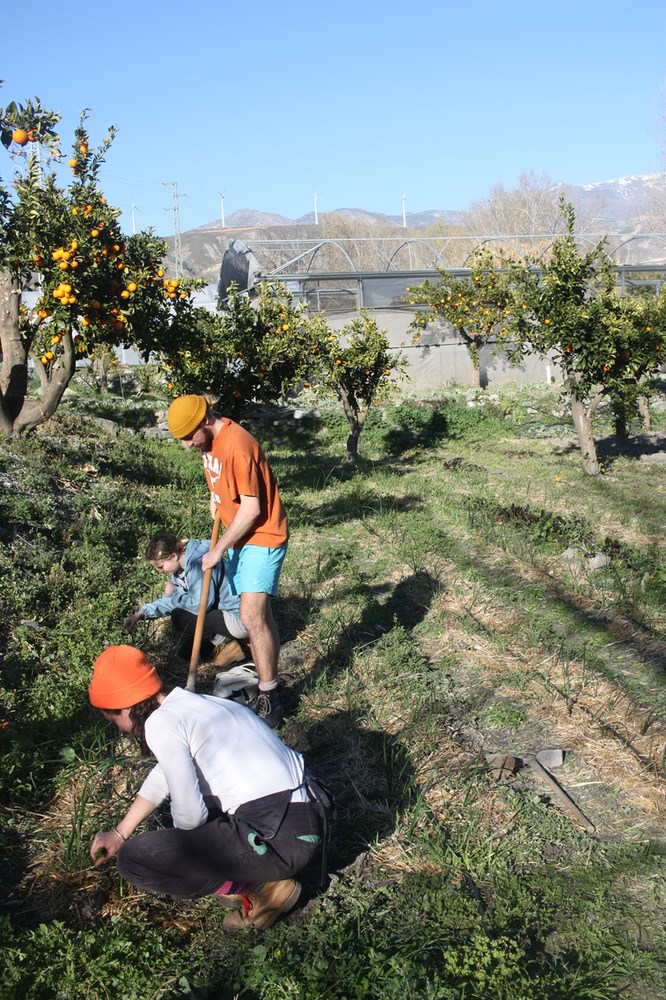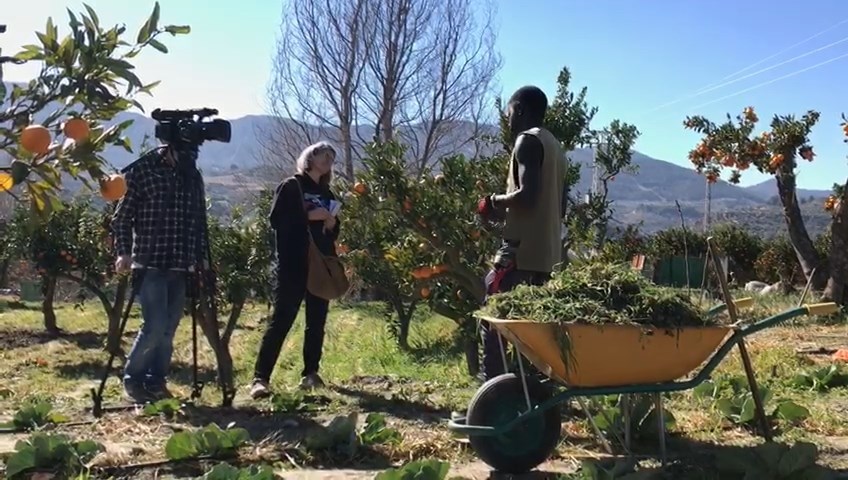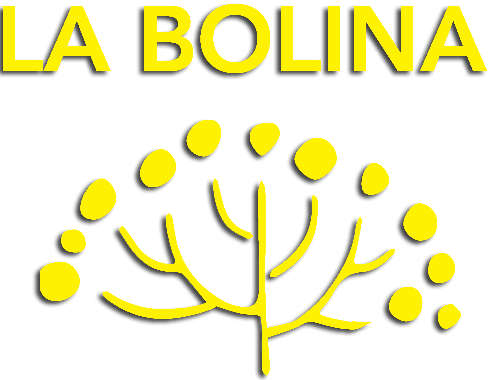
I was very lucky to have the opportunity to visit La Bolina a last month, an inspiring project celebrating integration sustainability and regeneration, tucked beneath the snow capped mountains of southern Spain. Olly, Lucy and Rosie and I all went out together (My talented friends Ol & Lu are shoemakers (Ottowin footwear) and Rosie Carmichael – the wonderful illustrator – all Bristolian peers and dears to me).
Olly’s sister Ruth and her wife Maria put us up in their lovely home and it was very special having some time with them – learning about their work and their lives in Spain. They were part of a group who formed La Bolina during a workshop in Northern spain (Eroles Project). The group had come together to start a project “which offered an integrated and holistic approach to borders, climate change, new economy, human rights and migration.”
A lot of the project is worked out of a small plot of land not far from the villages of Salares and Restabal. After getting a little lost trying to find it wondering around vast expanses of orange groves, and after a few slightly confusing conversations on my part, as I tried to explain La Bolina in my very limited Spanish to some locals, we found it.
Out of this small plot, tucked behind a orange sorting unit (I have honestly never seen so many oranges in my life) the vegetables are grown for the weekly veg boxes, which are sold to help fund the project. Sam and Gilbert who came to the project, seeking asylum from the Gambia let us know the plan for the day and we set out to do some weeding. It was not an average day on the land as there was a film crew there filming for the local news, so there was so many people around, but such a buzz and excitement in the air.

After a morning weeding in the sunshine – a job I find extremely satisfying, we went up to the house where everyone is living and had a big delicious lunch cooked by Regi and one of the new volunteers Aurelio. We all sat on a long table in the courtyard for lunch – eating kumquats off the tree, sharing bread and talking about life on the project.
As well as the land, the project also teaches permaculture, agroecology and commercialisation for refugees and migrants in Granada. From long chats with Ruth & Maria (who I think are just superwomen) it sounds like there are so many arms and parts to La Bolina that I have merely touched on. Like all projects with a social mission it is ever evolving to accommodate the needs of the people involved and naturally is full of complexities. It was so inspiring to hear about all the work of the project, the determination of all involved to make it a success and their openness about the challenges. To me, La Bolina represents friendship, fairness, regeneration, co-operation and a can do attitude. I have a huge amount of respect for them all and wish everyone at La Bolina so much love and luck. They are running a CROWDFUNDER to support more migrants and refugees to move to La Bolina and join their team of eco veg growers – so if you feel inspired please donate to this wonderful project! For more info watch their video here (and look out for Lu, Ol, Rosie and me!) or go to www.labolina.org
You can watch the video of that was being filmed while we were there:

We can’t let you finish reading without knowing a bit about Phoebe and her wonderful ‘pants’ project: Pico:
Phoebe runs Pico alongside her great friend Isobel, a Bristol and London based brand that produces essential goods with traceable stories.
They have worked on two projects so far and are working on the third. For Project#1 they began with the first thing you put on in the morning, super soft and simple, everyday underwear, working directly with a small fairtrade factory in India and using organic cotton sourced from fairtrade farmers co-operatives. They have spent a lot of time learning about the processes involved in producing these products and the people involved, from seed to the final stitches. This is so they can learn as much as possible and share these stories.
For Project#2 they have researched and learnt about Indigenous Indian cotton and are working with a cooperative in Gujarat to produce handwoven towels using locally grown fibres. The co-operative is made up of 40 farmers and 40 weavers and is a platform for crafts, heritage and cultural ecology. It was formed post the devastating earthquake in 2001.
For Project #3 they are researching native fibres, in particular, wool. As part of their research, Phoebe was working as a shepherdess, working on a farm that is pioneering breeding sheep for wool as well as meat and are part of the movement towards reviving the British wool Industry.
They also run events connecting people to fibres and cloth and are looking to roll out a series of mending clubs later this year.




